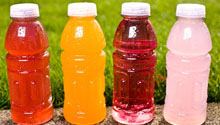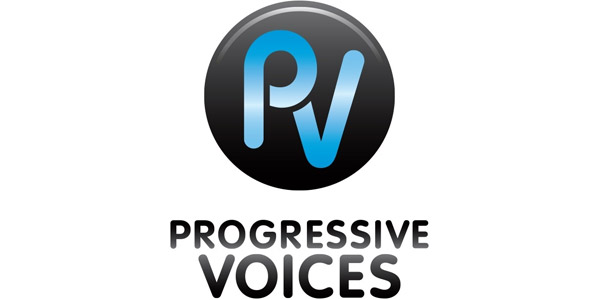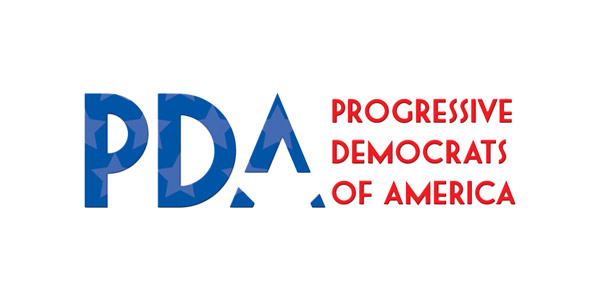
When Do Athletes Need Sports Drinks?
We all know that we should stay hydrated while we work out, but how? It seems that there are as many sports drinks as there are athletes on the market. Many sports drinks distributors claim that these beverages improve athletic performance. We spoke to registered dietitian Kelly Pritchett, PhD, RD, CSSD, Media Spokesperson for the Academy of Nutrition and Dietetics, who helped us sort the facts from the fiction concerning these popular beverages.

iTriage: When is a beverage considered a sports drink?
Kelly Pritchett: Sports drinks generally contain 4 to 8% carbohydrate and electrolytes (primarily sodium and potassium). These beverages provide athletes with a practical way to replace carbohydrates and sodium during training, competition and the recovery phase of physical activity. The sodium in sports drinks may also stimulate thirst thereby encouraging the consumption of water during exercise to further prevent dehydration from occurring. This hydration can improve physical performance.
iTriage: Do sports drinks live up to their promises of improved performance?
Kelly Pritchett: Most of the time, plain water is all that an athlete needs. However, when activities last an hour or more, sports drinks can help your body replace carbohydrates and fluids. Also, runners may find sports drinks easier to tolerate than a meal because they’re in liquid form and therefore easier to digest and absorb. Athletes who get nervous or queasy before an event may also benefit from sports drinks.
iTriage: Are sports drinks for everyone? Who truly needs sports drinks instead of water?
Kelly Pritchett: Again, most athletes only need water to stay hydrated. The longer a person exercises the more he or she will sweat out nutrients that need to be replenished. “Salty sweaters” (people with white crystals on their skin after exercising) may benefit from sports drinks. It is recommended that everyone drink fluids on a regular basis while exercising to stay hydrated.
iTriage: What are some common misconceptions surrounding sports drinks?
Kelly Pritchett: The average sports drink contains about 50 kcal, and 15 g carbohydrate (sugar) per 8 oz. So, the added sugar is designed to replace carbohydrates during exercise. Sports drinks may also be confused with energy drinks. Energy drinks contain extra sugar and caffeine and are considered to be empty calories and have not been shown to enhance exercise performance. It is ideal to choose a sports drink with a mixture of carbohydrate sources, such as glucose and fructose combined. Fluid absorption may be enhanced when the sports drink contains multiple types of carbohydrates (such as glucose, sucrose, fructose, or maltodextrins) compared to only one carbohydrate source.
iTriage: What should athletes avoid in sports drinks?
Kelly Pritchett: There are many sports drinks on the market and some are better than others; you should be conscious of what you are exactly putting in your body. Make sure you check the labels of sports drinks for nutritional information before you choose what is best to complement your exercise regimen. Keep an eye out for and avoid high calories, excessive sugars and/or caffeine, and ingredients or vitamins that you are unsure of. If you are unsure of the ingredients that you are putting in your body, consult your physician or a nutritionist to determine what is best for your individual health. If you consume sports drinks regularly, make sure to brush your teeth frequently, as sports drinks can have negative effects on tooth enamel.
Do you find that sports drinks enhance your athletic performance? If so, which ones? Let us know in the comments below!











